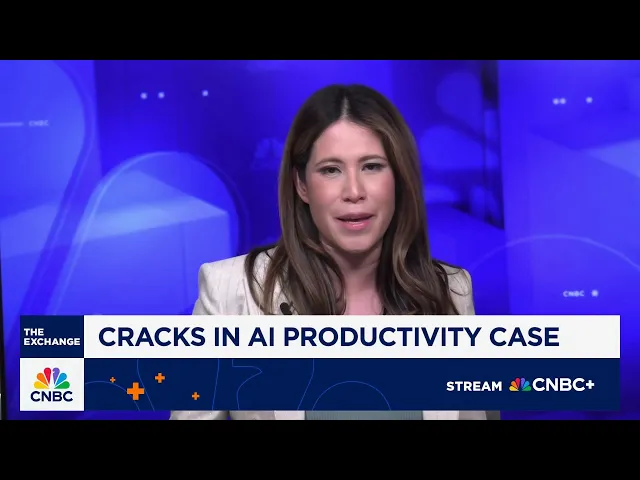Rethinking the AI coding payoff

AI's coding payoff isn't what we expected
In a tech landscape increasingly dominated by AI coding assistants, many of us have rushed to embrace tools like GitHub Copilot, expecting immediate productivity boosts and dramatic time savings. But recent insights suggest we may need to recalibrate our expectations. While these AI coding tools undoubtedly enhance the development process, their true impact appears to be more nuanced than the revolutionary transformation many predicted. The reality of AI coding assistance reflects a more complex relationship between developers and their digital collaborators.
Key insights from the conversation:
-
AI coding tools save modest time – Contrary to dramatic claims of 30-50% productivity gains, real-world time savings hover around 10-15%, primarily in routine tasks rather than complex problem-solving.
-
Cognitive partnership emerges – The most successful developers use AI as a thought partner rather than an autopilot feature, leveraging it for ideation, pseudocode development, and navigating unfamiliar domains.
-
Uneven benefits across experience levels – Junior developers may see enhanced learning and code quality improvements, while senior developers mainly benefit from workflow acceleration in specific contexts.
-
Unexpected value emerges in planning – AI shows surprising utility in the pre-coding phases, helping developers structure their approach before writing actual code.
The cognitive partnership paradigm
Perhaps the most insightful takeaway is the shift toward viewing AI coding assistants as cognitive partners rather than productivity multipliers. This reframes the entire conversation around their value. Instead of measuring success purely by time saved, forward-thinking teams are evaluating these tools by how they enhance the problem-solving process and augment human creativity.
This matters tremendously in the context of the developer experience revolution happening across the industry. As companies compete fiercely for technical talent, those that successfully integrate AI tools into development workflows – not as replacements but as amplifiers of human potential – will likely gain advantages in both recruitment and retention. The most innovative organizations are already moving beyond simple productivity metrics to measure the quality of the human-AI collaboration itself.
The learning curve we didn't anticipate
What many early adopters didn't anticipate was the significant learning curve associated with effective AI tool usage. According to a 2023 survey by Stack Overflow (not mentioned in the video), over 60%
Recent Videos
How To Earn MONEY With Images (No Bullsh*t)
Smart earnings from your image collection In today's digital economy, passive income streams have become increasingly accessible to creators with various skill sets. A recent YouTube video cuts through the hype to explore legitimate ways photographers, designers, and even casual smartphone users can monetize their image collections. The strategies outlined don't rely on unrealistic promises or complicated schemes—instead, they focus on established marketplaces with proven revenue potential for image creators. Key Points Stock photography platforms like Shutterstock, Adobe Stock, and Getty Images remain viable income sources when you understand their specific requirements and optimize your submissions accordingly. Specialized marketplaces focusing...
Oct 3, 2025New SHAPE SHIFTING AI Robot Is Freaking People Out
Liquid robots will change everything In the quiet labs of Carnegie Mellon University, scientists have created something that feels plucked from science fiction—a magnetic slime robot that can transform between liquid and solid states, slipping through tight spaces before reassembling on the other side. This technology, showcased in a recent YouTube video, represents a significant leap beyond traditional robotics into a realm where machines mimic not just animal movements, but their fundamental physical properties. While the internet might be buzzing with dystopian concerns about "shape-shifting terminators," the reality offers far more promising applications that could revolutionize medicine, rescue operations, and...
Oct 3, 2025How To Do Homeless AI Tiktok Trend (Tiktok Homeless AI Tutorial)
AI homeless trend raises ethical concerns In an era where social media trends evolve faster than we can comprehend them, TikTok's "homeless AI" trend has sparked both creative engagement and serious ethical questions. The trend, which involves using AI to transform ordinary photos into images depicting homelessness, has rapidly gained traction across the platform, with creators eagerly jumping on board to showcase their digital transformations. While the technical process is relatively straightforward, the implications of digitally "becoming homeless" for entertainment deserve careful consideration. The video tutorial provides a step-by-step guide on creating these AI-generated images, explaining how users can transform...
